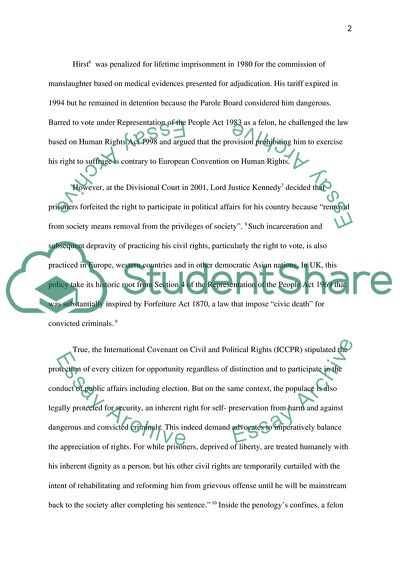Cite this document
(Public Law Term Paper Example | Topics and Well Written Essays - 1500 words - 2, n.d.)
Public Law Term Paper Example | Topics and Well Written Essays - 1500 words - 2. https://studentshare.org/law/1749180-public-law
Public Law Term Paper Example | Topics and Well Written Essays - 1500 words - 2. https://studentshare.org/law/1749180-public-law
(Public Law Term Paper Example | Topics and Well Written Essays - 1500 Words - 2)
Public Law Term Paper Example | Topics and Well Written Essays - 1500 Words - 2. https://studentshare.org/law/1749180-public-law.
Public Law Term Paper Example | Topics and Well Written Essays - 1500 Words - 2. https://studentshare.org/law/1749180-public-law.
“Public Law Term Paper Example | Topics and Well Written Essays - 1500 Words - 2”. https://studentshare.org/law/1749180-public-law.


